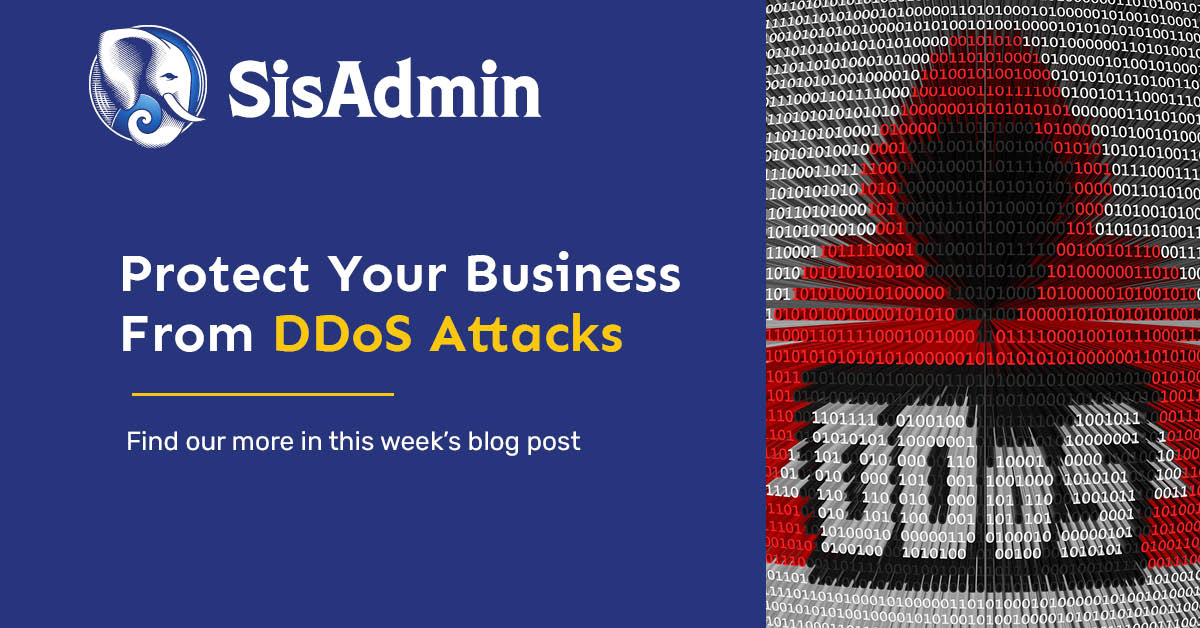Protect Your Business From DDoS Attacks
aHR0cHMlM0ElMkYlMkZ5b3V0dS5iZSUyRmpoZ25zalcxOGFr
Have you ever waited patiently at your computer, ready for the clock to strike and the event you’re waiting for the go live? For some people it’s trying to snag the restock of PS5s, and others are trying to get the tickets to a big concert. But you’re not the only one waiting … and all those people accessing the website all at once causes the page to crash. Too much traffic is going through the website and it overloads the host’s server, which causes the site to fail.
Criminal Distributed Denial of Service attacks – or DDoS– exploit this phenomena. A DDoS attack starts by flooding your business with internet traffic in an attempt to overload your server and cause it to fail. This doesn’t just stall a website page though … this attack makes business and its customers unable to access their tools and services. A study says that last year DDoS attacks on average lasted for 50 minutes. This may not sound very long, but it’s enough stop your business operations and irritate your customers. Not to mention that downtime costs your business.
This year it’s expected that the 50 minute average will go up a significant amount. They will also be bigger, more sophisticated and more common. The biggest reported DDoS attack was unsuccessful, but at its peak it sent 71 million requests per second to the business’s servers. Before this attack, the biggest reported DDoS attack had 46 million requests per second. These attacks are becoming more common, and more businesses have reported being targeted by DDoS attacks. The worst part is criminals are demanding huge ransoms to stop these attack.
But what does this mean for your business? The best way to protect yourself is to ensure that your business is up to date on the latest security measures and updates. Check that your firewalls are ready to deal with DDoS attacks and can alert you when it detects something suspicious. Lastly, make sure your staff is educated and regularly taking cyber security training.
Need help keeping your business protected? Get in touch.



